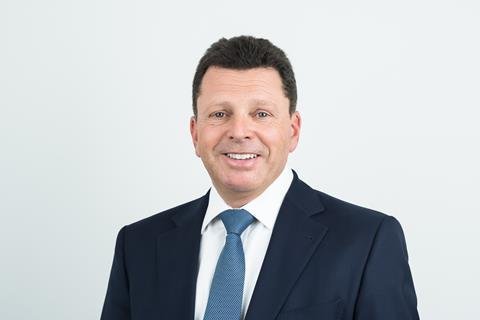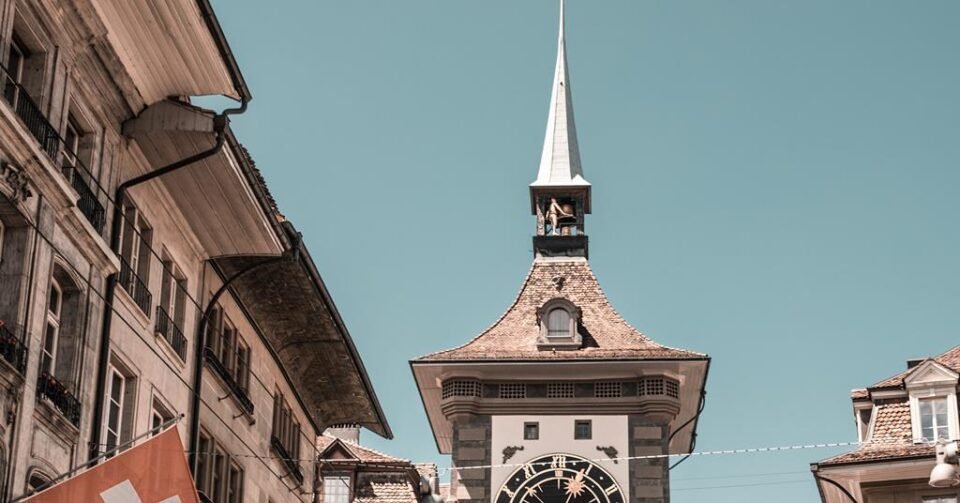Swiss pension funds remain committed to private equity investments, whcih are expected to stay stable, selecting managers globally despite discussions on how schemes can steer assets to support the domestic economy.
“What we have learnt in the last 25 years – we invest in the asset class since 1999 – is that you have to remain committed until the money is invested, and we commit consistently every year, that is our belief. This year we continue to commit to private equity,” said Martin Roth, chief executive officer of Pensionskasse Manor.
The scheme for the Swiss retailer has set a 5% strategic allocation to private equity, investing now 4.8% in the asset class, out of its CHF1.7bn in total assets.
It commits with a conservative approach working exclusively with global fund-of-funds platforms, Roth said, adding that so far the scheme has achieved an illiquidity premium of around 3% per year compared with public markets.
“So, for us, private equity belongs very clearly to our strategy, despite the high costs that the asset class carries,” he added.
The pension fund for Swiss federal railways, PKSBB, increased last year its exposure to private equity, with a strategic allocation of 6%, currently matched by its actual allocation, slightly higher than in earlier years, and in line with a substantial higher overall equity allocation compared to a couple of years ago, said head of manager selection Daniel Hutter.
“As liquidity was not an issue, we remained disciplined in committing capital on the primary side. While commitment volume was slightly amended due to the market environment and longer funding cycles in our target segment, we also made sure not to run out of dry powder in other segments like secondaries,” he explained.
For 2024, PKSBB expects distribution volume to increase overall, more specifically driven by the structure and maturity of its private equity programme now in its 8th year.
“We will reassess the effectiveness and efficiency of our implementation as we did in the past years,” Hutter said.
Stability on the horizon
At the end of 2022, the share of private equity investments in Swiss pension funds’ portfolios was on average 2.7% to total assets, and around 27% of total alternative investments, increasing over the years, according to consultancy Complementa.

“We do not expect any significant increase in private equity, it will remain stable. Tactical steering [of assets] in private equity is not really possible or sensible due to, among other things, the way you underwrite and the investment horizon – capital calls are made over time and not immediately upon commitment, “ said Complementa’s CEO Heinz Rothacher.
Returns promised by private equity funds often do not materialise instantly, with illiquidity and investment efforts making the asset class less attractive compared with others, Rothacher added.
With still high interest rates, and volatile public markets, 2024 is another tough year for the asset class, but this does not have an impact on Pensionskasse Manor’s commitment strategy, although exits are difficult at the moment.
“I would not chose the secondary market – selling the asset to private equity funds – because the discount would be very high, 20-30%,” Roth said.
‘Not our role’
Similarly to Italy and Germany, the Swiss government is trying to create the right framework to channel pension funds’ money to support local firms, but Pensionskassen plan to diversify venture capital and private equity allocations geographically.
In 2021, the cabinet created a specific asset class for private equity and venutre capital investments for companies working to develop new technology.
One year later, the cabinet decided in favour of setting up a Swiss innovation fund, a type of sovereign wealth fund to finance start-ups, especially during the growth phase.
“It is not our role, as private equity or private markets investor, to invest to support the local economy. In private equity, we try to find the best investments. Investments in private equity and venture capital in Switzerland are in competition with Berlin, London and the Silicon Valley, and the asset managers we mandate have to find the best investments, whether they are in Switzerland or not,” Manor’s Roth said.
Rules requiring Pensionskassen to invest in Switzerland would interfere in the schemes’ investment strategies, he added.
PKSBB’s private equity allocation focuses on manager selectin in the US, Europe and Asia, without a special focus on Switzerland, Hutter said. “We have committed to managers that also cover the Swiss market. They will get active when they see opportunities in their area of expertise,” he added.
Investments in private equity and venture capital are “highly demanding”, according to Complementa’s Rothacher, and a fund that would only invest in Switzerland would not be attractive enough.
“Most pension funds aim for global diversification, and protecting the country is not the job of the schemes,” he concluded.

